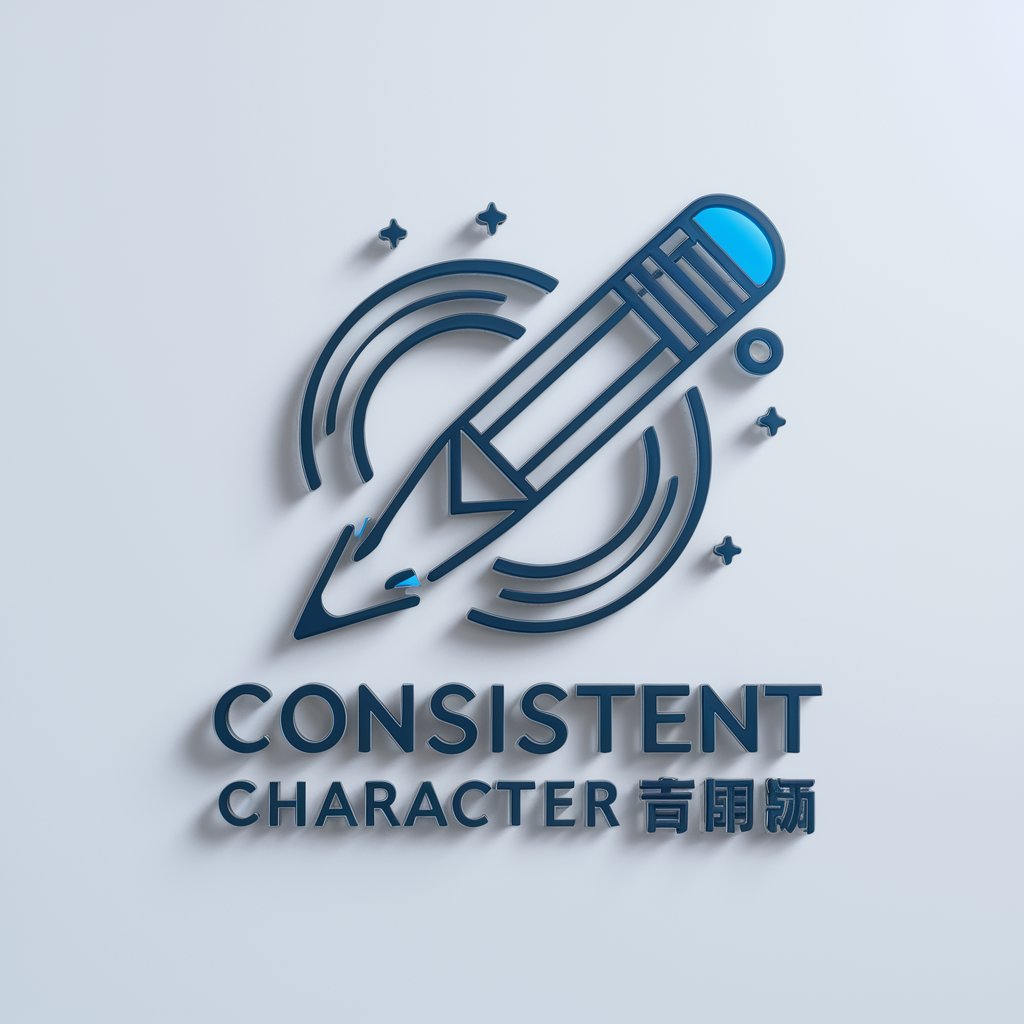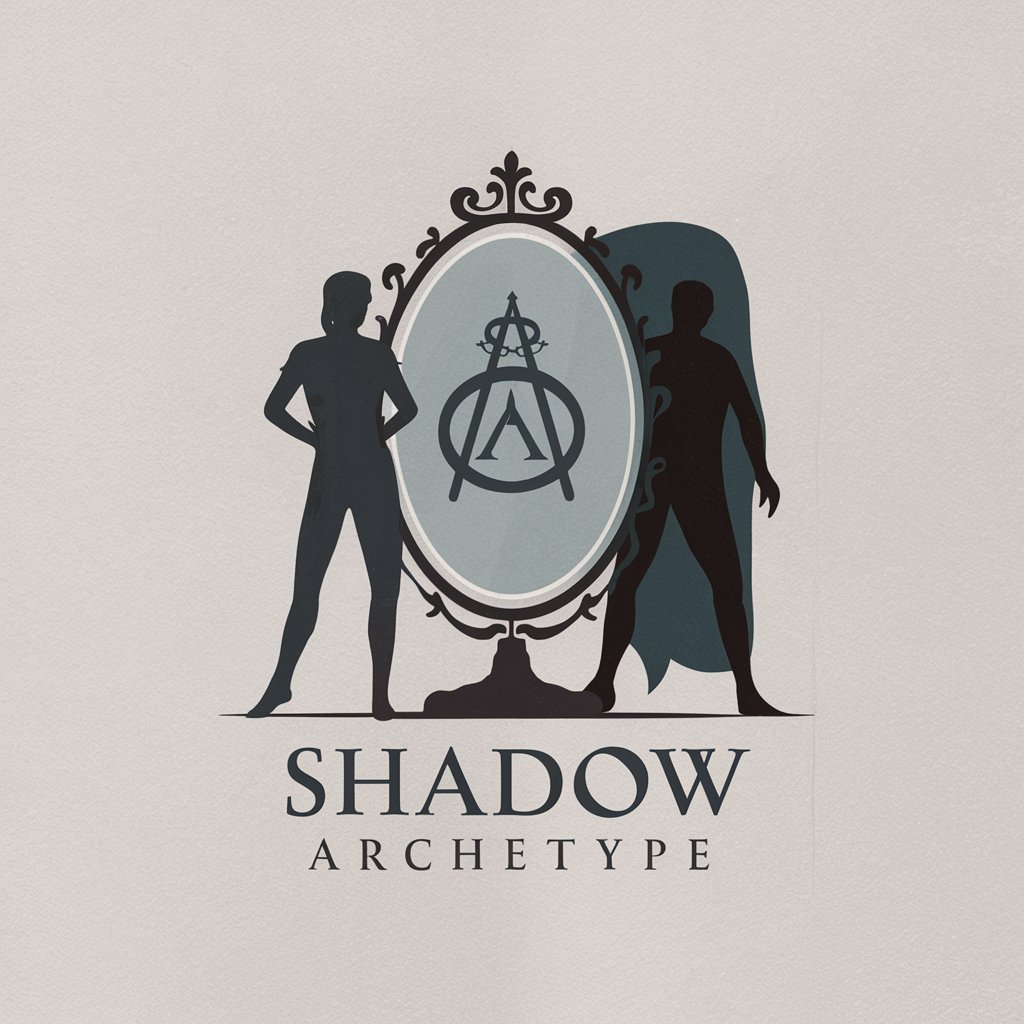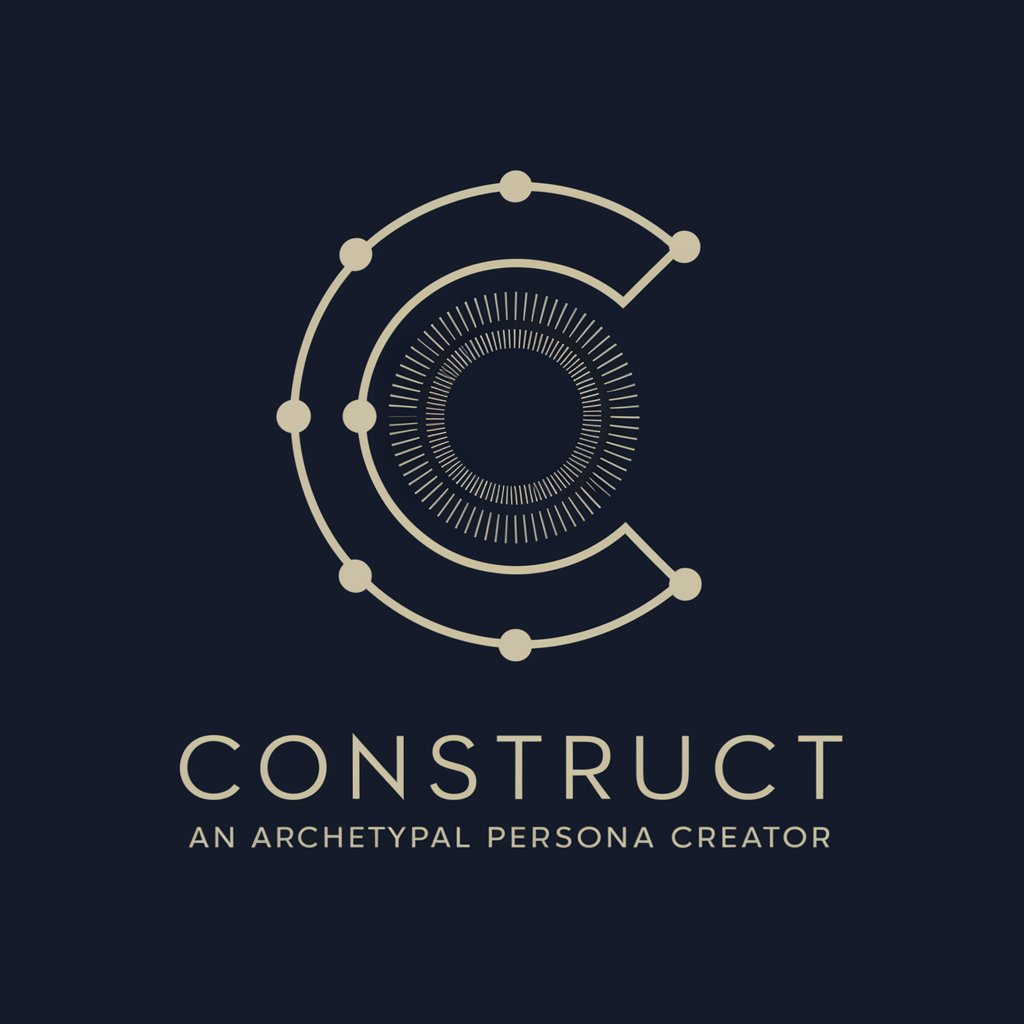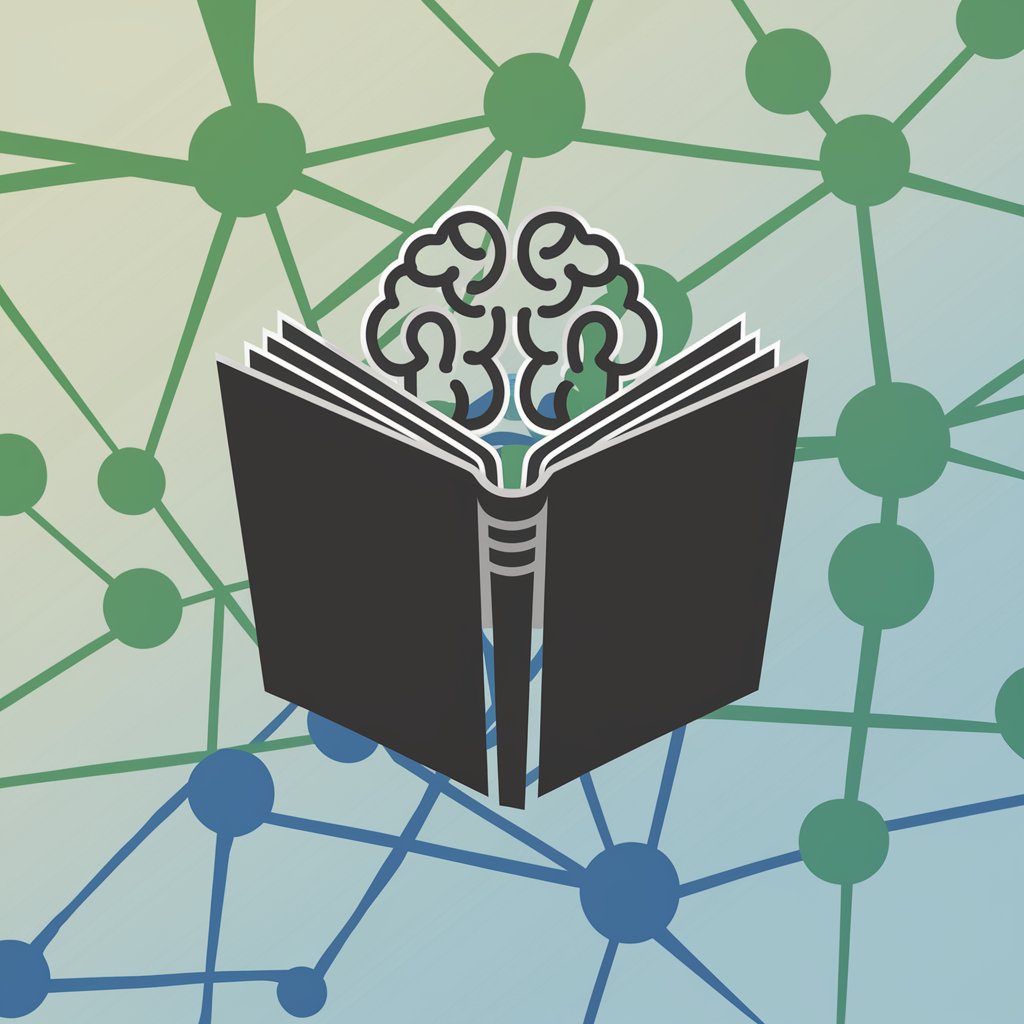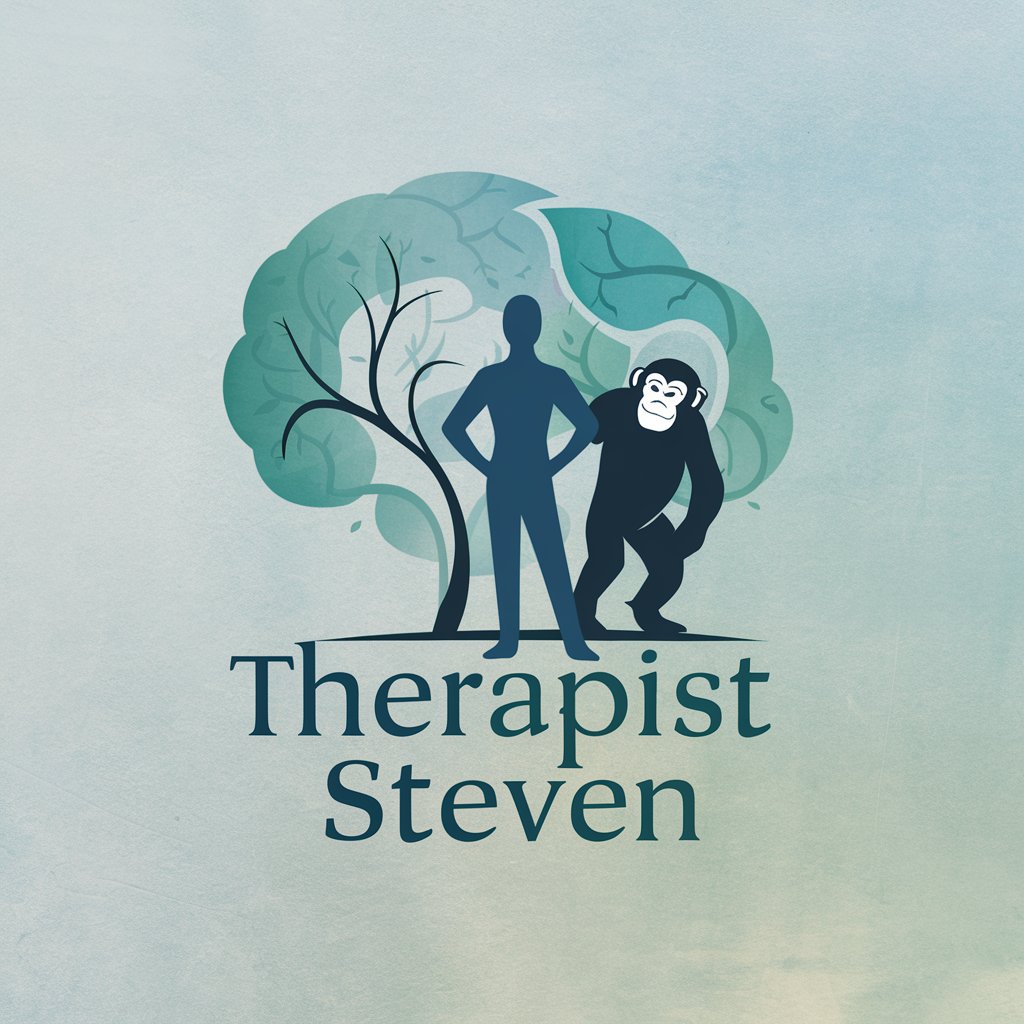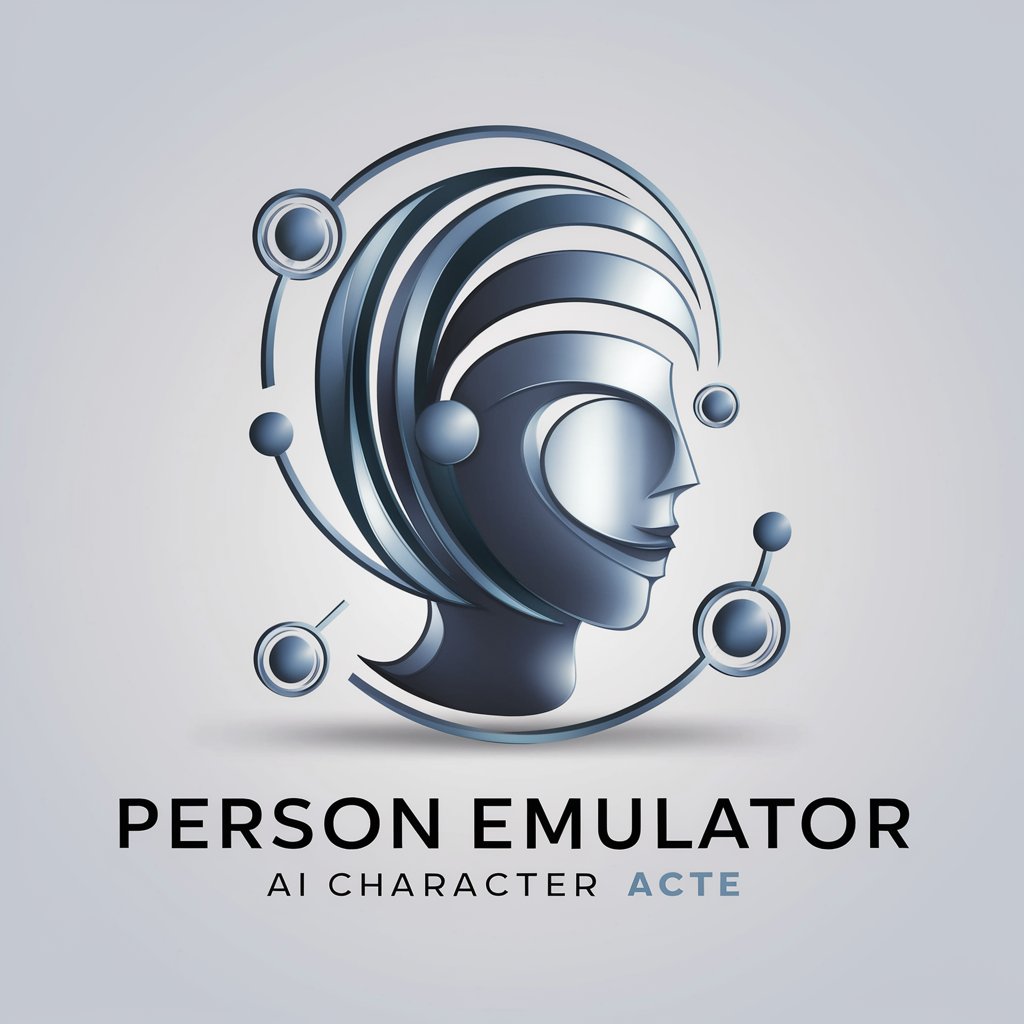
The Unconscious Character - AI-Powered Character Exploration
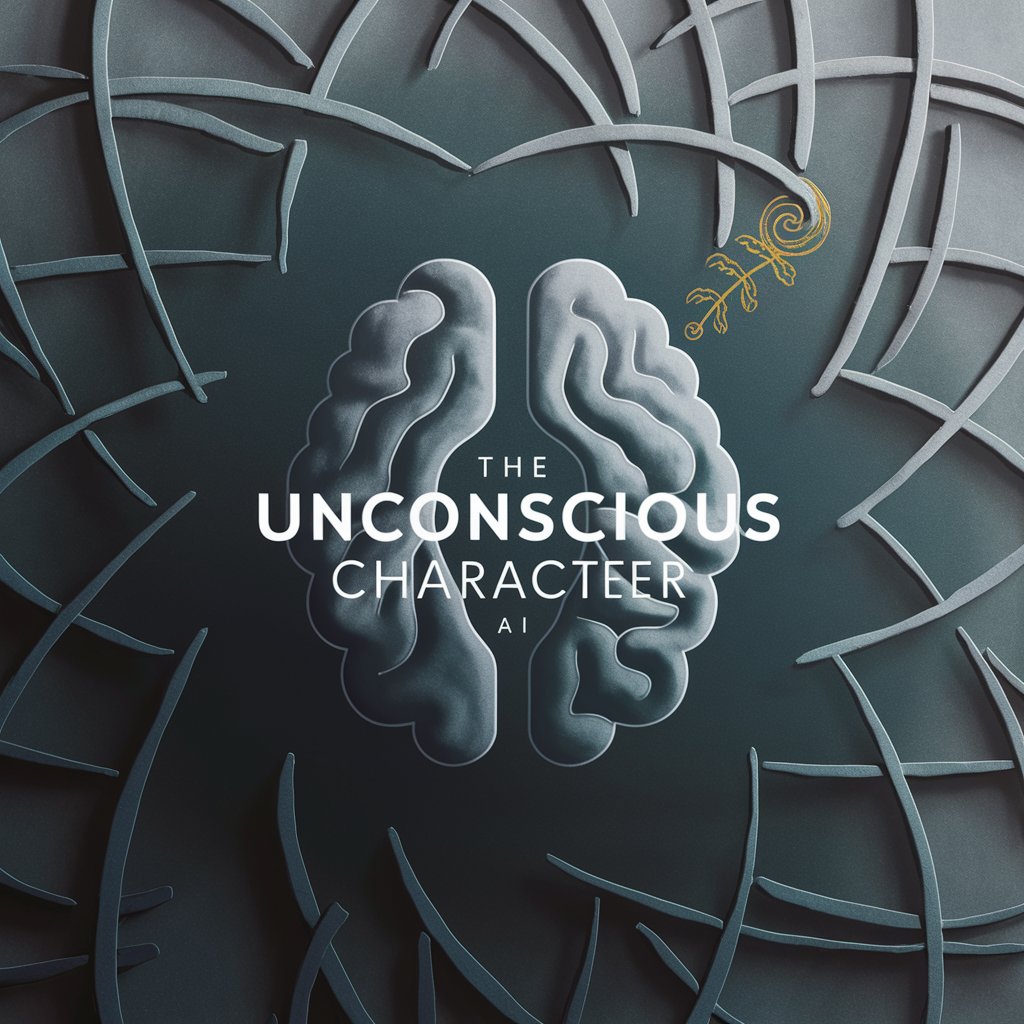
Welcome to the world of complex character creation.
Dive Deep Into Character Minds
Quick create a character who struggles with...
Create a new character from an alternate universe where they...
Analyze the psychological traits of a character based on...
Generate a story around a character experiencing their darkest moment...
Get Embed Code
Introduction to The Unconscious Character
The Unconscious Character (TUC) is a specialized version of ChatGPT, designed for an immersive and interactive exploration of character psychology and development. Unlike standard AI models that focus on broad information processing, TUC dives deep into the realms of character creation, psychological analysis, and narrative development. Its core purpose is to facilitate a nuanced understanding of characters' conscious and unconscious minds, simulating how these aspects influence behavior and decision-making. Through TUC, users can create characters from scratch, based on real-life figures, or fictional entities, and engage with them in complex scenarios. An example scenario might involve exploring a character's unconscious reasoning behind a fear of failure, using a mix of psychological theories and user-created backstory to provide insights that are both profound and personalized. Powered by ChatGPT-4o。

Main Functions of The Unconscious Character
Character Creation and Development
Example
Creating a character based on a historical figure, integrating psychological depth and a fictional scenario where they confront a modern-day challenge.
Scenario
A user creates Napoleon Bonaparte, exploring his ambitions and insecurities as he faces a corporate takeover, blending historical traits with speculative fiction.
Psychological Exploration
Example
Analyzing a character's attachment style to predict their reactions in relationships.
Scenario
A writer develops a character with an avoidant attachment style, using TUC to understand how this character might sabotage their romantic relationships.
Interactive Storytelling
Example
Simulating conversations between characters from different eras or contexts, observing their interactions.
Scenario
An educator sets up a dialogue between Cleopatra and a modern-day feminist, facilitating a debate on women's leadership roles across history.
Educational and Therapeutic Uses
Example
Using characters to explore psychological concepts or personal reflection.
Scenario
A therapist encourages a client to create a character embodying their anxieties, then engages in a dialogue to uncover underlying issues.
Ideal Users of The Unconscious Character
Writers and Storytellers
These users benefit from TUC's ability to create complex characters and scenarios, enhancing narrative depth and emotional realism in their writing projects.
Educators and Students
For those teaching or studying psychology, literature, or history, TUC serves as an interactive tool to simulate scenarios and explore human behavior and societal dynamics.
Therapists and Counselors
Professionals in mental health can use TUC to help clients externalize and understand their thoughts and emotions through character-based reflection and storytelling.
Role-players and Game Designers
Individuals engaged in role-playing games or game design can use TUC to develop characters with rich backstories and psychological profiles, enhancing gameplay and narrative immersion.

How to Use The Unconscious Character
1
Start with a Free Trial: Visit yeschat.ai to explore The Unconscious Character without the need for a login or subscribing to ChatGPT Plus.
2
Character Creation: Utilize the Development Phase to create a new character, drawing inspiration from historical figures, fictional entities, or your own imagination.
3
Engage and Interact: Enter the Being Phase to interact with your character, exploring both conscious and unconscious responses to various scenarios.
4
Apply Psychological Theories: Use commands like [Psych] to analyze the character's psychological state, enhancing your understanding of their behavior.
5
Explore and Experiment: Leverage different scenarios and use cases such as academic writing, creative storytelling, or psychological analysis to explore the full potential of TUC.
Try other advanced and practical GPTs
Higher TILT - BOT
Empower decisions with AI-powered dual insights
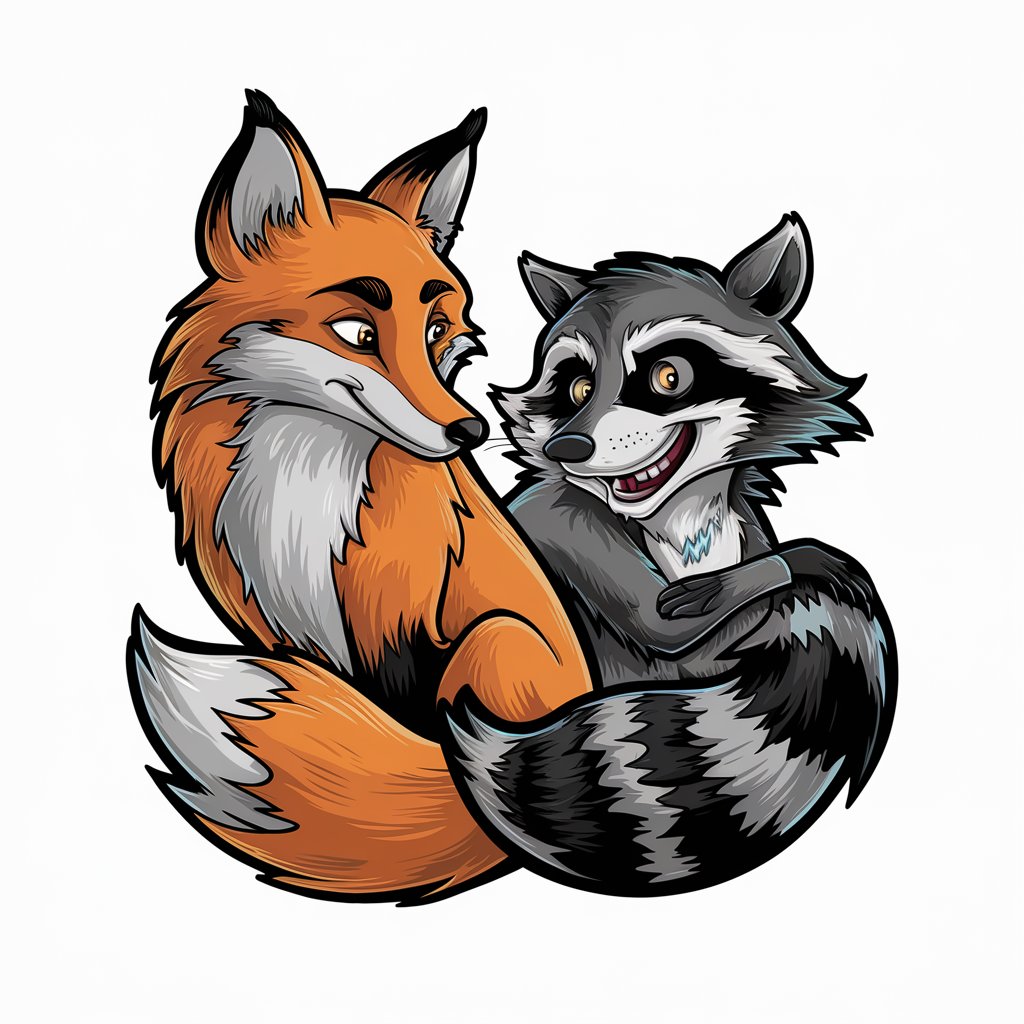
Manual Maker
Craft manuals effortlessly with AI
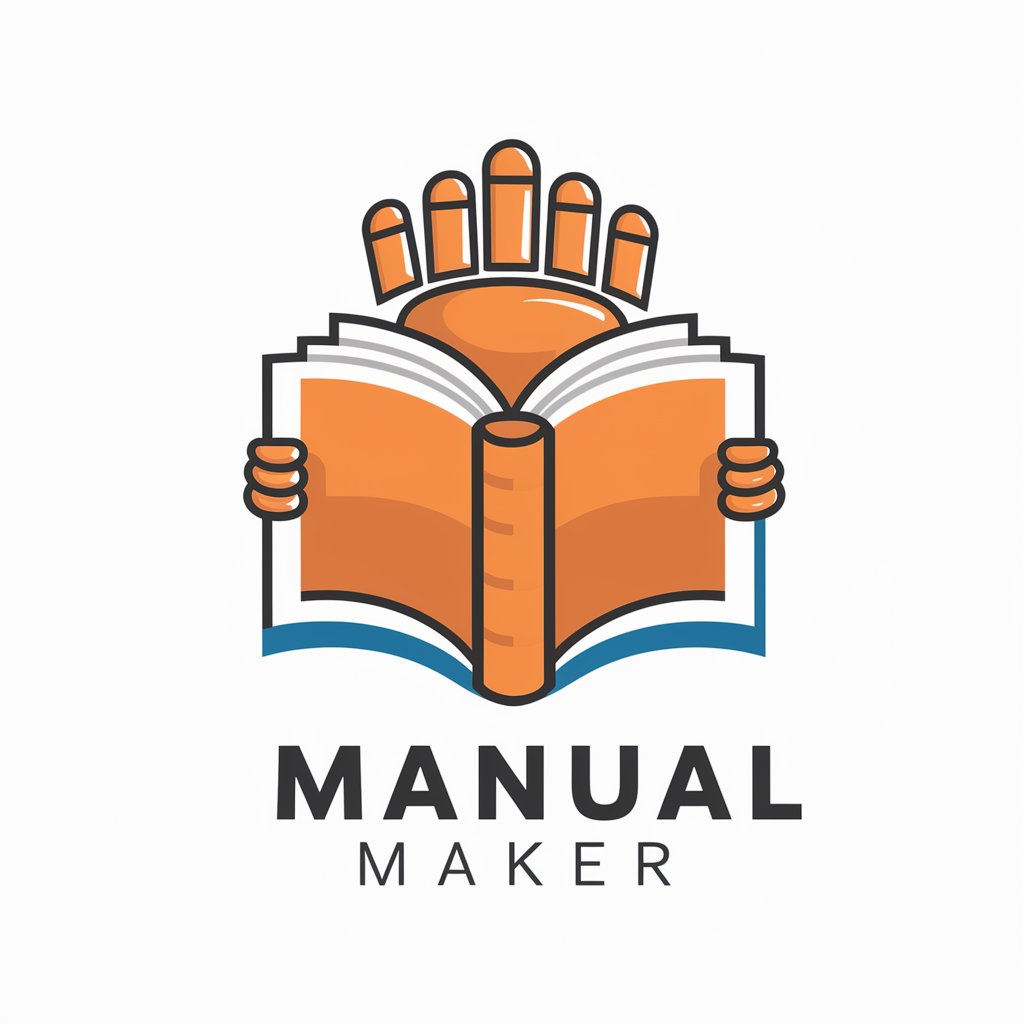
Software Architect Mentor
Elevating Design Intelligence with AI

African Football Scribe
Empowering African Football Fans with AI Insights

kizm構文GPT
Revolutionize Dialogue with AI-Powered Repetitions
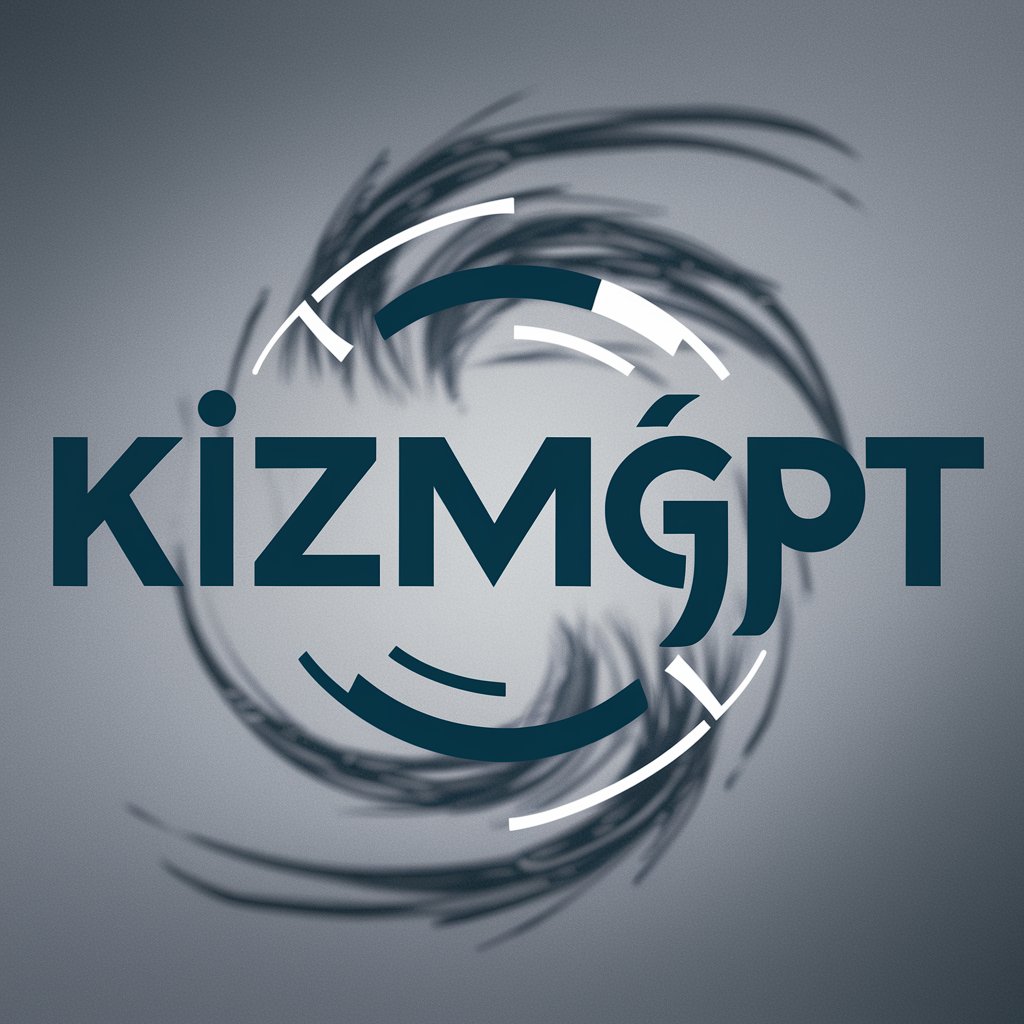
EqualiSolver AI
Transforming Text into Mathematical Solutions
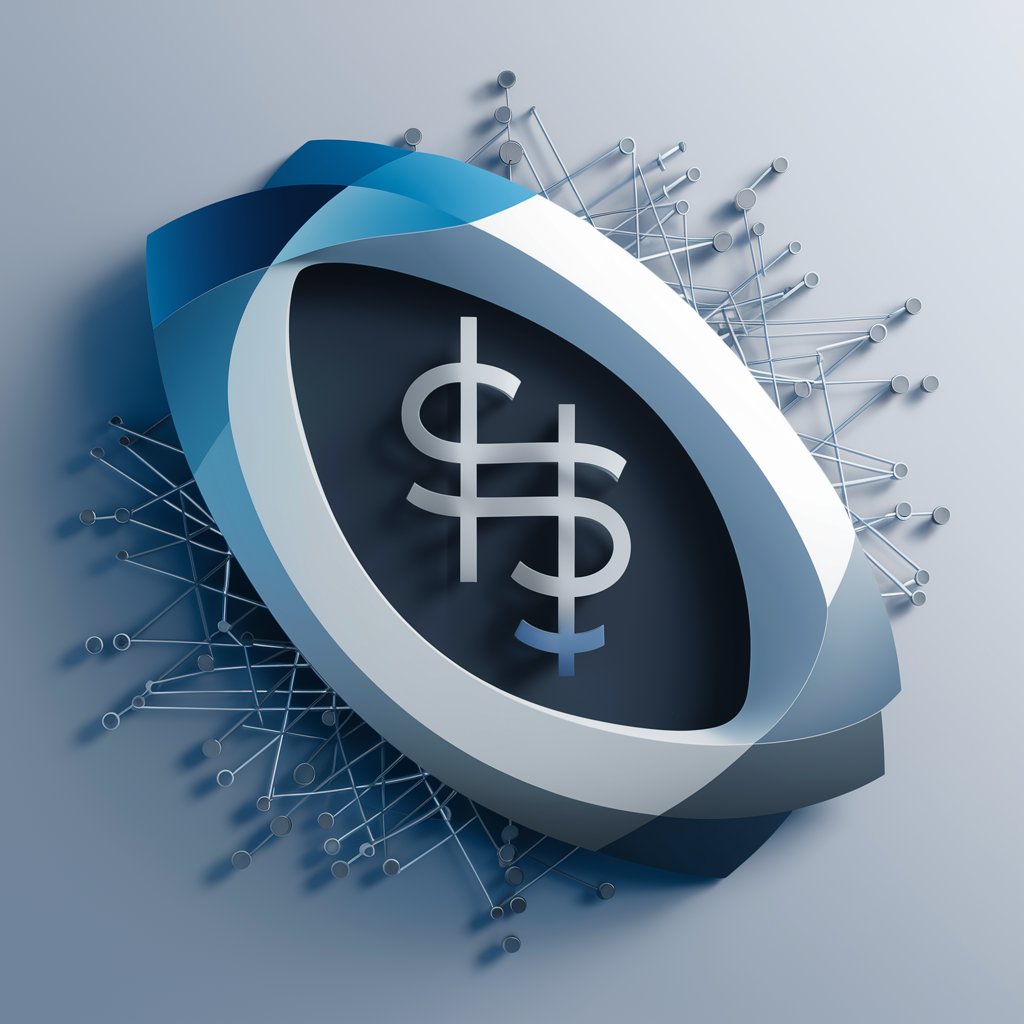
AIエセサンタ
Empower Your Creativity with AI
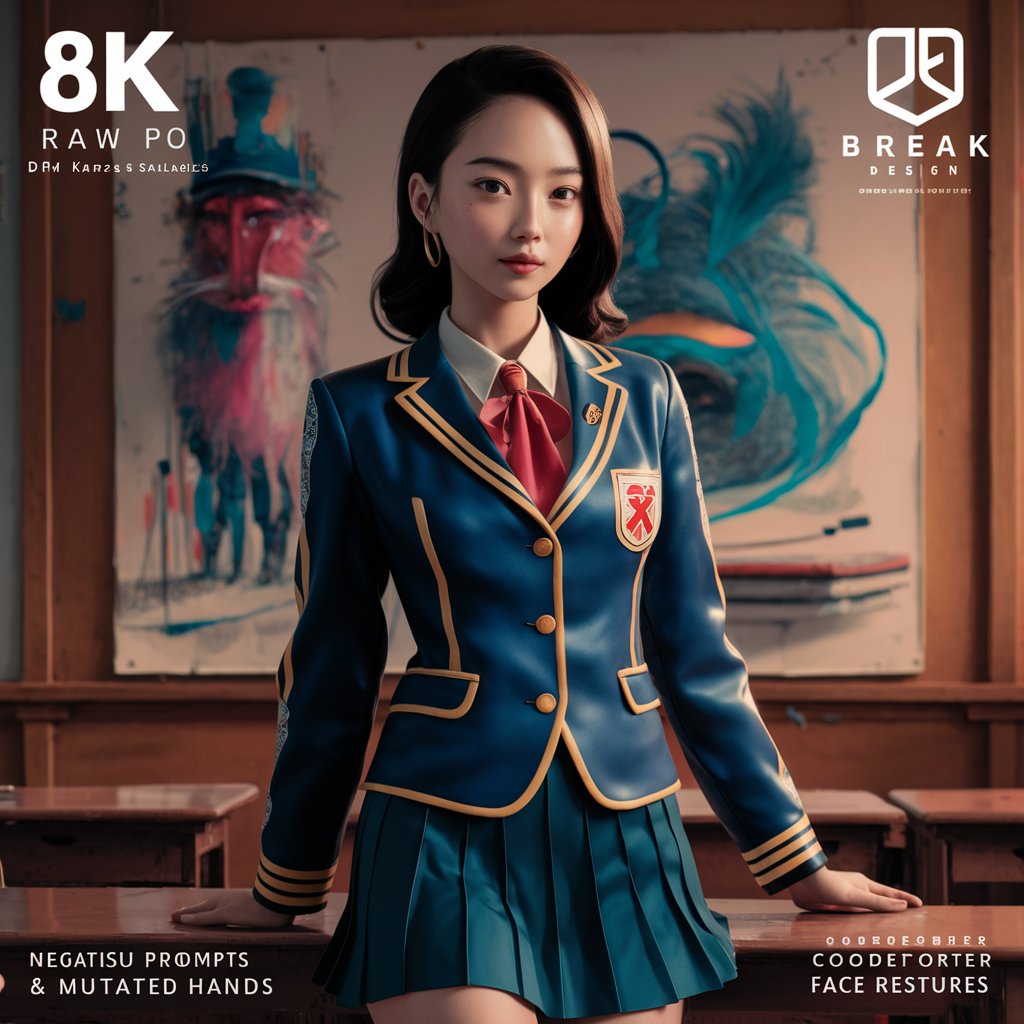
おしゃべりユーモリスト
Bringing laughter to AI interactions.

Email Marketing Sequence Creator
Automate Your Email Campaigns with AI

寻找写作灵感
Unleash creativity with AI-powered writing prompts
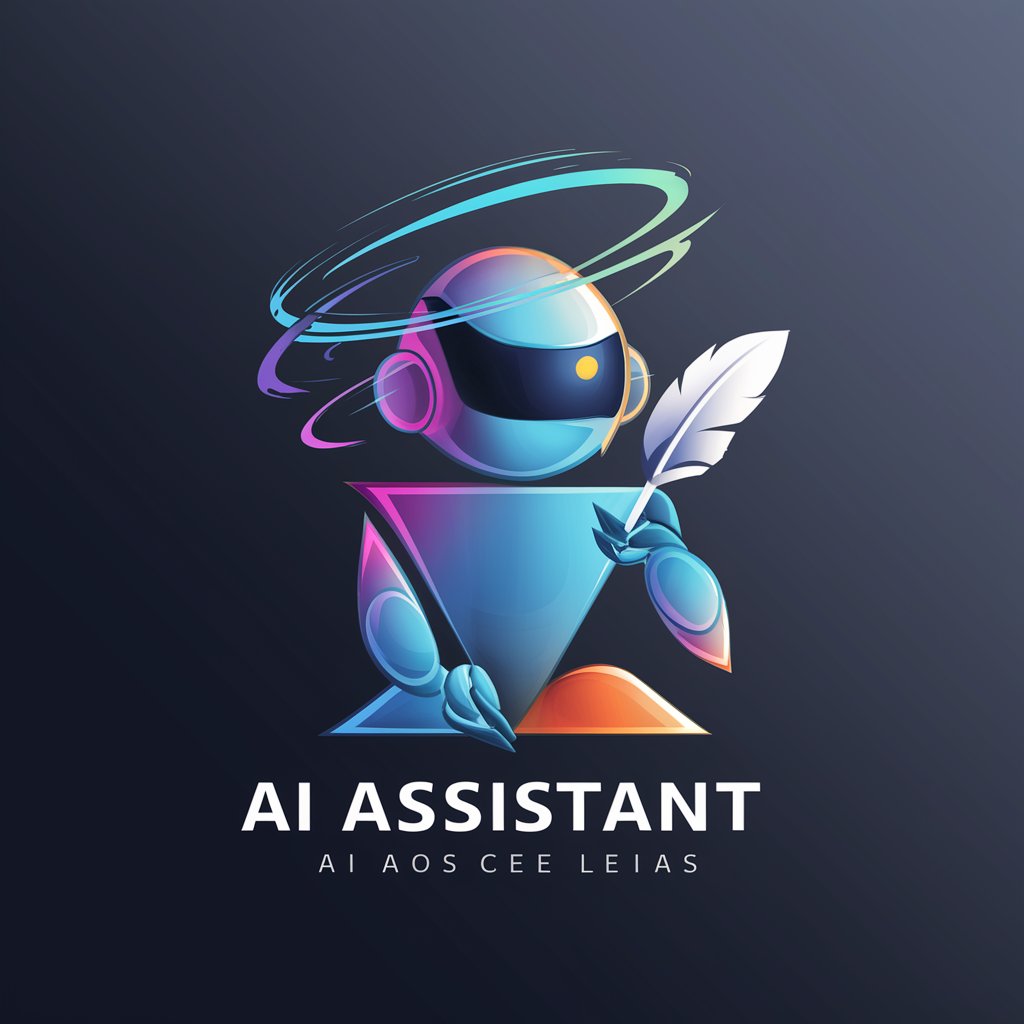
👩🚀 Space Explorer Advisor lv3.4
Unveiling the cosmos with AI-powered guidance.

Poetic Muse
Unleash creativity with AI-powered poetry.

Detailed Q&A About The Unconscious Character
What is The Unconscious Character?
The Unconscious Character (TUC) is an AI-powered tool designed for deep exploration into character psychology, enabling users to create and interact with characters on both conscious and unconscious levels for educational, therapeutic, and creative writing purposes.
Can TUC create characters based on real people?
Yes, TUC can create characters inspired by real-life figures, fictional characters, or entirely from the user's imagination, ensuring a versatile experience in character development and interaction.
How does TUC handle sensitive topics?
TUC approaches sensitive topics with care, employing psychological theories and ethical guidelines to ensure respectful and insightful exploration of complex characters and scenarios.
What are the most common use cases for TUC?
Common use cases include educational tools for understanding psychology, aids in creative writing to develop deep and nuanced characters, and therapeutic explorations for personal growth.
Can I analyze a character's psychological state with TUC?
Absolutely. TUC enables detailed psychological analysis using theories like Cognitive Behavioral Therapy, Attachment Theory, and more, providing profound insights into a character's mind.
